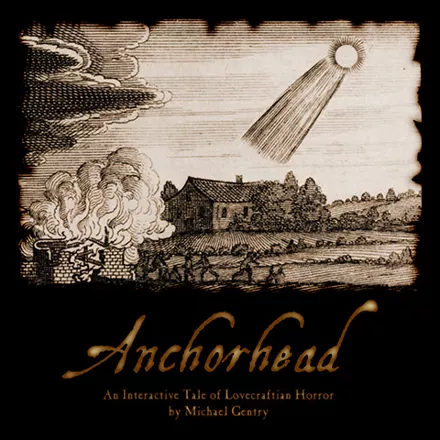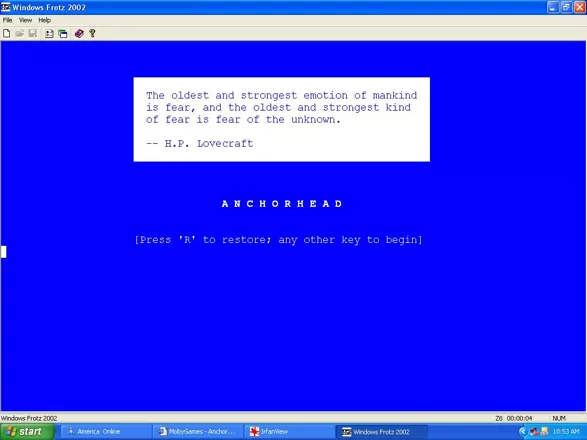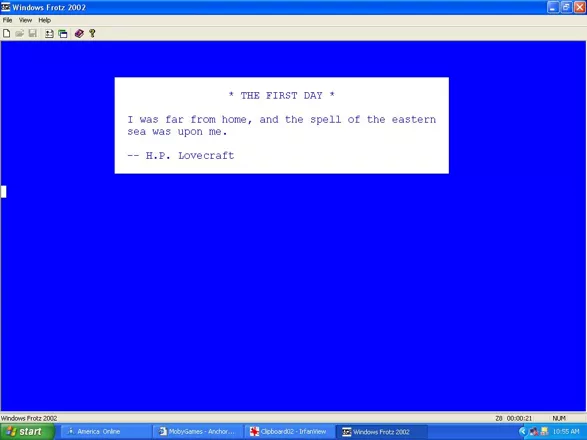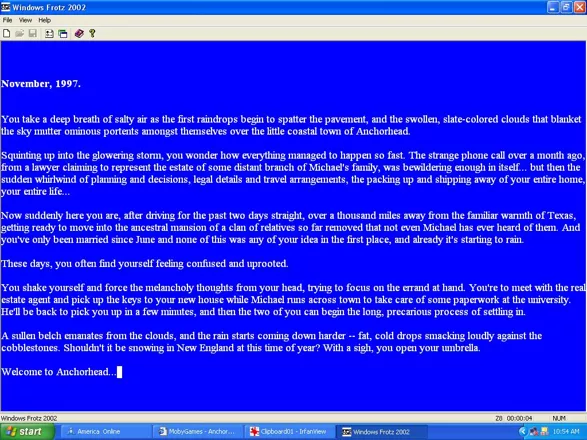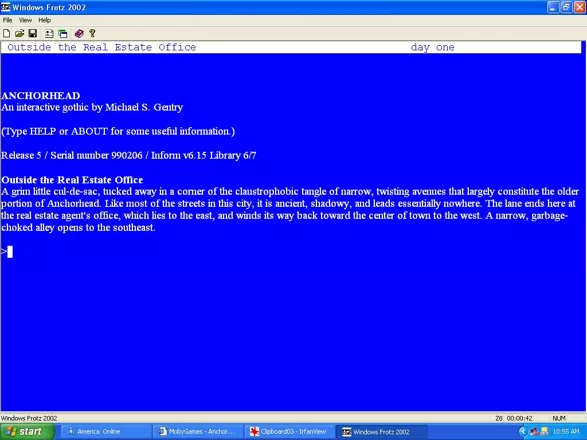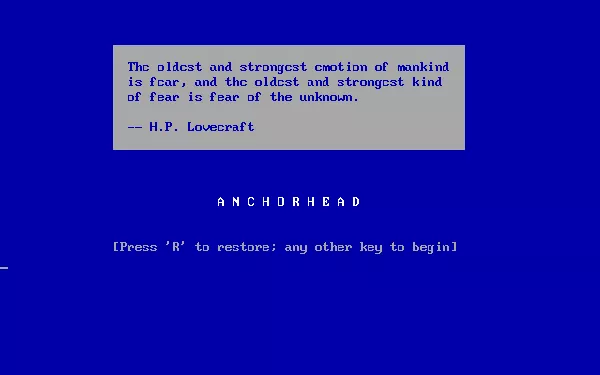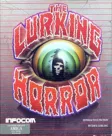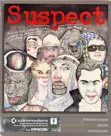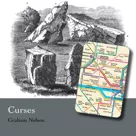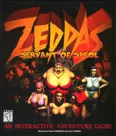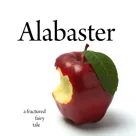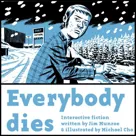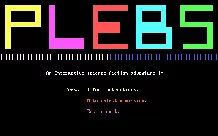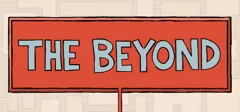Anchorhead
Description
Anchorhead is a horror-themed interactive fiction game set in a Lovecraftian dilapidated fishing village. After a gruesome death ends the Verlac family line, a young couple, from a distant branch of the family, inherit the ancestral mansion. The player takes on the role of the wife in this horror-themed interactive fiction game, exploring the mansion and the town, talking to its denizens, and uncovering the mystery that hangs like a miasma over the town.
The plot is divided into three days, but - save for a few time-critical puzzles - the player need not hurry, as time only progresses after puzzles are solved.
Groups +
Screenshots
Credits (Z-machine version)
20 People (15 developers, 5 thanks)
| An interactive gothic by | |
| Influenced by | |
| Telescope puzzle adapted from |
|
| Thank you to my original team of beta-testers |
|
| Thanks to |
|
Reviews
Critics
Average score: 85% (based on 2 ratings)
Players
Average score: 4.8 out of 5 (based on 8 ratings with 2 reviews)
After slogging through pale Lovecraft imitations, someone finally gets it right.
The Good
When a distant relative of your husband dies, he inherits the Verlac family mansion located in the fishing town of Anchorhead. Michael, your husband, is quickly offered full professorship by the local university, leaving you with time to explore the town. Actually, it isn't much of a town. Their prime fishing days seem well behind them, since most of the fishermen haunt the local tavern, not the wharf. The town's papermill, its other industry, seems more focused on dumping ash on the shantytown surrounding it. Anchorhead's lighthouse doesn't have a working beam and its lone church is boarded up.
There's something discomforting about all this decrepitude, a discomfort exacerbated by the dismal weather and Michael's… distance. But it's more than bad weather, or getting lost in twisting alleys, or the knowing glances of the town's denizens, that's getting to you. There's something wrong here, and you're going to figure out what it is.
Anchorhead is a horror-themed interactive fiction game that works as a brilliant Lovecraft pastiche, never entering the realm of parody. It won the 1998 XYZZY Award for Best Setting, which was well deserved. Even before the main character's life is endangered, Gentry creates disquieting situations and settings: An ancient obelisk stands in the town's center and the grass around it is withered. A local child has gone missing, an event that seems to happen every few years. Your husband seems obsessed with the esoteric reading material at the university's library.
Uncovering the mystery, or series of mysteries, hanging over Anchorhead means thoroughly exploring your environment, solving puzzles, and paying attention to clues hidden in the texts you find and your dreams. Gentry creates a three dimensional atmosphere, inviting the player to look under objects or behind them. Items can be opened, areas searched, and inventory used together. In one of the game's few acceptance of convention, almost every one of the game's many items fits comfortably into the pockets of your trenchcoat.
The time progression shows Gentry's skill as a writer, since it gives the game a pace and creates a sense of mounting horror. The day ends once everything that must be done for that day, has been done. Approaching this as a reader, I liked how certain areas opened up or people became available as the game progressed. As a gamer, I had to get into a different mindset instead of fixating on doors which couldn't be unlocked yet.
As a Lovecraft pastiche, Anchorhead beats The Lurking Horror hands down—without using the word squamous! Lovecraft references run from having the Whateley Bridge cross the Miskaton River to dealings with a fishy librarian. Story elements are somewhat more obvious with Gentry drawing heavily from The Dunwich Horror, but also hinting at works like The Music OF Erich Zann and The Festival. This isn't to say that Gentry created an amalgamation of existing works. Instead he blends them with an original, and visceral, story filled with madmen, murder, incest, and cosmic horror.
The Bad
Just two things:
Anchorhead wasn't that hard overall, but there were a few times I resorted to a walkthrough—embarrassingly enough, once was at the very beginning and again at the very end of the game. The first time I didn't realize how tenacious the main character was and the second time I had trouble using a fool-proof item. I'm willing to accept some of the blame, but a helpful push would have been nice.
Thank god for the trenchcoat of holding, because you never know when you are going to need something. Not really a complaint towards the game, since Gentry warns the player not to discard inventory items, but it would be nice not having to lug everything around. Luckily, I only had to backtrack once—who knew brooms were so useful.
The Bottom Line
At last, after slogging through pale Lovecraft imitations, someone finally gets it right. People wonder how text games can be involving, but Gentry has you right there: in a sewer with a flickering flashlight, learning why a portrait's eyes seem to follow you, confronting a shapeless horror in the dead of night. If you can lose yourself in a book, then you can lose yourself in this game.
Anchorhead is a well-written, wonderfully designed adventure game. I highly recommend this to adventure gamers who are tired of the glut of cookie cutter games out there. This may seem like a relic from the past, but give it a shot and I think you'll enjoy the experience.
Z-machine · by Terrence Bosky (5395) · 2005
Captivating; very well-developed story and excellent attention to detail
The Good
Two things impress me about Anchorhead -- the elaborate story surrounding the events of the game, and the author's amazingly detailed world. In fact, calling it a "game" almost trivializes it; rather, it is a work of interactive fiction in a much more literal sense. The game's back story, gameplay, and conclusion could easily be turned into a novel with very little re-writing. The story is complete and detailed enough that you are drawn in almost immediately, and the exceedingly realistic responses to your interaction with the game will keep you playing.
Those who may be familiar with interactive fiction will notice very few of the standard library responses to actions -- one example that stands out in my mind is if you attempt to HIT or KILL one of the game's NPCs. Normally, if that is not a significant action in the game, you are told, "Violence isn't the answer to this one." In Anchorhead, however, this stock message is replaced with, "[The person] may be creepy, but you have nothing against [them] personally." This message doesn't affect your progress in the game at all; it is simply not the correct action to perform. That the author went through and deliberately customized many default responses is impressive, and keeps the immersion going.
Another thing I like is that most of the puzzles in the game aren't mind-numbingly difficult. For the most part, they make logical sense, and continued interaction with the objects in the game will often provide hints that point towards a solution. Object interaction is very comprehensive, and again, many of the default "action failure" messages are replaced with custom ones. This helps keep the frustration level down as you try different ways of solving puzzles (seeing the standard "You can't do that." messages when trying to solve puzzles in some games gets old quickly).
A lot of good things can be said about this game; indeed, it has been very well-reviewed in many places. The author has done a very good job of putting the player into a believable, immersive story.
The Bad
For me, there were enough red herrings that caused me to miss solutions to some puzzles; either because I was convinced there should be more information about the solution elsewhere, or because I made an assumption based on something the game told me that would keep me from arriving at the correct solution. An example of this (hopefully minimally spoiler-y) is a puzzle that involves using a musical instrument in a certain way. Based on a physical description of one of the characters, I made the (incorrect) assumption that I had to manipulate the instrument in a manner consistent with how I thought that character would have done it; when several different attempts failed, I then assumed I needed to find additional information somewhere in the game. As it turns out, this puzzle could be solved by simple trial and error; I was just not trying the right things. My own fault; however, in this particular case, an exhausive trial and error would have 255 different possible outcomes... which would turn into a lot of typing.
Another common criticism of this game is that there are too many "timed" puzzles in the final stages. While I don't tend to mind timed puzzles usually, Anchorhead throws enough of them at you in such rapid succession that I found myself getting weary by about the 5th one (and by my count, there are around 10 that will end the game if you don't solve within the alloted time). A few of these seem frivolous and have somewhat non-sequitur solutions; many, however, do fit into the storyline and flow properly. The result is that the player feels "carried along" by the game, not as in charge as they have been up until that point -- which is the same way that the character in the game should feel.
The Bottom Line
A worthwhile game; very immersive, and sets the bar for interactive fiction high. I would probably recommend this game to someone new to playing IF, though the subject matter is, at times, somewhat disturbing (Lovecraftian horror). For an IF buff, this should be on either your "must play" list or "have already played" list.
Z-machine · by Mirrorshades2k (274) · 2007
Trivia
Director's Cut
In 2006 Michael Gentry announced an updated Director's Cut edition of Anchorhead in November 2007, to commemorate the 10th anniversary of the game. This new edition was supposed to be a complete rewrite of the code in version 7 of the Inform programming language (the current release version was written in version 6 of Inform).
Awards
- XYZZY Awards
- 1998 - Best Setting
- 1998 - Nominee Best Game
- 1998 - Nominee Best Writing
- 1998 - Nominee Best Story
- 1998 - Nominee Best Puzzles
- 1998 - Nominee Best Individual NPC (for Michael
Information also contributed by Mirrorshades2k
Analytics
Related Sites +
-
Anchorhead @ ifiction.org
Play the game online. -
Download this game from the Interactive Fiction Archive
Anchorhead is freely distributed by the author through the Interactive Fiction Archive at ifarchive.org- Click this link to download it directly! -
Game Couch Interview
2006 interview with Michael Gentry on Game Couch about Anchorhead and the planned remake (English) -
Michael Gentry's Anchorhead Page
Author's page dedicated to the 10th anniversary re-release of Anchorhead.
Identifiers +
Contribute
Are you familiar with this game? Help document and preserve this entry in video game history! If your contribution is approved, you will earn points and be credited as a contributor.
Contributors to this Entry
Game added by Terrence Bosky.
Browser added by Pseudo_Intellectual. Z-machine added by Havoc Crow.
Additional contributors: Mirrorshades2k, Pseudo_Intellectual, Jason Brown, formercontrib, LepricahnsGold, Patrick Bregger.
Game added January 12, 2005. Last modified December 27, 2024.


